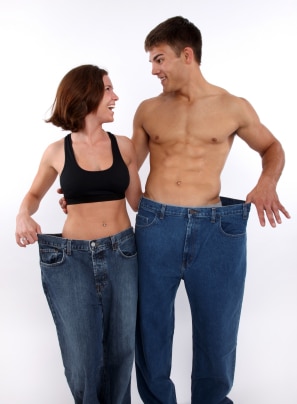The Biggest Weight Loss Secrets The biggest weight loss secret is this. Increase your metabolism. The higher your metabolism the more...

The Biggest Weight Loss Secrets The biggest weight loss secret is this. Increase your metabolism. The higher your metabolism the more...